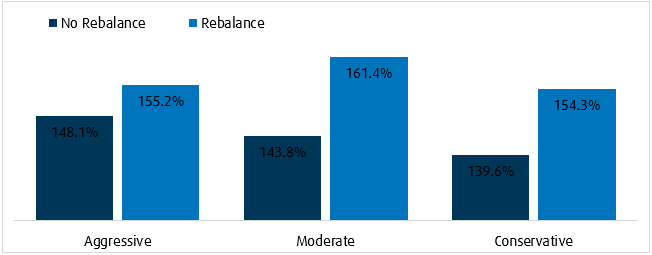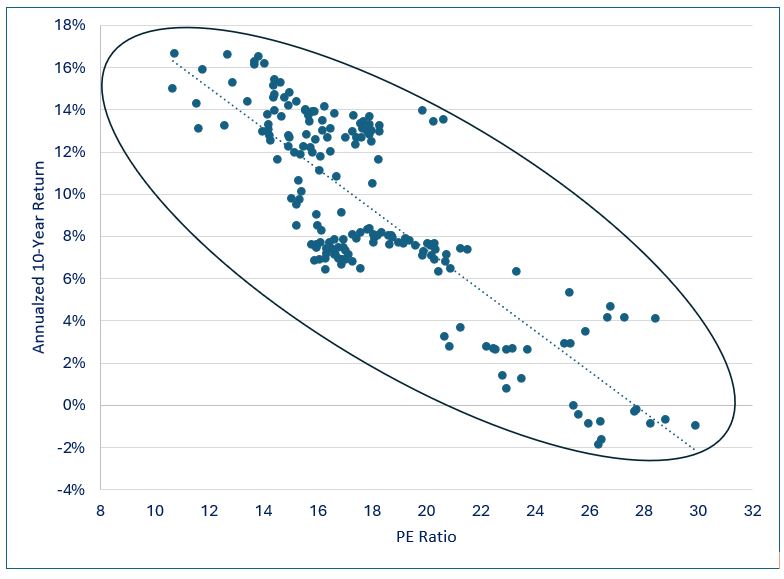
By Mark Seed, myownadvisor
Special to Financial Independence Hub
We all know what FIRE is in the personal finance community but what is FIWOOT?
(I’ve updated this original post from 2019 to reflect my current views and progress.)
Read on and find out why I still prefer FIWOOT vs. FIRE and what that means moving forward in 2025.
Why the FIRE burns bright on social media
Like any good movement, it takes courage to do what others won’t.
Financial Independence takes both know-how and long-term discipline. It takes time to remain invested when others are jumping in and out of the market. It also takes saving your brains out to retire early, usually from a high salary and a bit of luck.
This is not to say I disagree with the Financial Independence, Retire Early (FIRE) movement and what some folks are striving for. I think many FIRE principles have great merit:
- Live well below your means.
- Save early and often.
- Avoid financial and lifestyle waste.
- Avoid long-term debt that is not used for wealth generation.
- Optimize your investing (i.e., keep your costs low and diversified).
I’ve written about FIRE concepts many times on this site. Many years ago I even questioned if FIRE was right for me at all.
Well, I know my answer.
Why I’m tired of retire early in FIRE and why FIWOOT works
In some circles (not all thankfully), the focus of FIRE is on the “retire early” part.
Work hard, make good money with the intention of leaving the corporate rat-race sooner than later.
That’s definitely aspirational: if that were the end of it. But most of the “retire early” crowd doesn’t retire. They still work: just at something different.
If you expend energy, trade time or services for any income, that’s work. If that’s your blog or podcast or ebook or financial independence course that’s work.
And working is not a bad thing at any age. Just call it what it is.
Why I’m a fan of the Financial Independence (FI) part of FIRE
Maintaining your wealth and being happy doing it?
That sounds better and far more honest to me.
That’s the perspective that CFP Graeme Falco once shared on my site – when discussing his practical guide to financial independence book.
Like Graeme, I believe far more in the FI part of FIRE than the RE (retire early) part.
For me, financial independence is the amount wealth you need to be no longer dependent on any active source of income (i.e., work) to fund your lifestyle. That wealth could be from stocks, bonds, gold, real estate, and much more. Financial independence can also mean you might still want to work.
That’s something I intend to do in 2025 now I’m financially independent.
Financial Independence, Work On Own Terms (FIWOOT) Moving Forward
We realized financial independence in the summer of 2024 and since that date, I’ve been working on my employment status with my employer. I’ve been discussing the opportunity to scale back a bit and work part-time in 2025. After months of fruitful discussions, that plan is now in place.
As of April, I will be working three days per week versus five. Full-time work with my current employer is over: I’m starting a new chapter with them and thankful for it. Unless both parties decide something different, I will be working part-time from April to October 2025. After that date, I might be retired for good.
Our semi-retirement years are here. More life-work balance is ahead this year.
Actually, in this new part-time capacity, I’ve finally caught up to my wife!
My wife continues to work three days per week in 2025 (she started her scaled-back role in 2024).
Moving forward, it’s part-time work for both of us in this 2025 transition year.
FIWOOT Q&A:
Will this change how I invest?
Nope.
As subscribers to my site may know for well over a decade now, we invest this way and have no plans to change our hybrid investing strategy:
- We invest in many Canadian and a few U.S. dividend-paying stocks.
- We invest in some low-cost ETFs for extra diversification to own thousands of stocks. Continue Reading…






